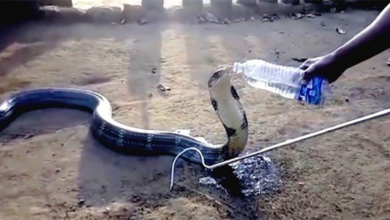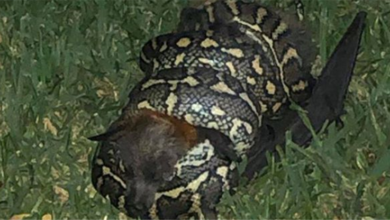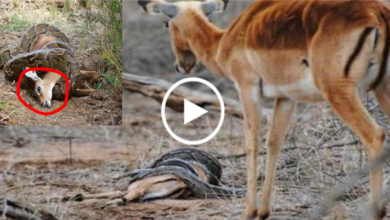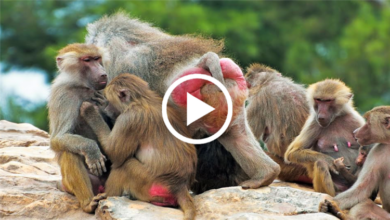“Brainpower and Harmonious Coexistence: Unraveling the Link through Primate Research”
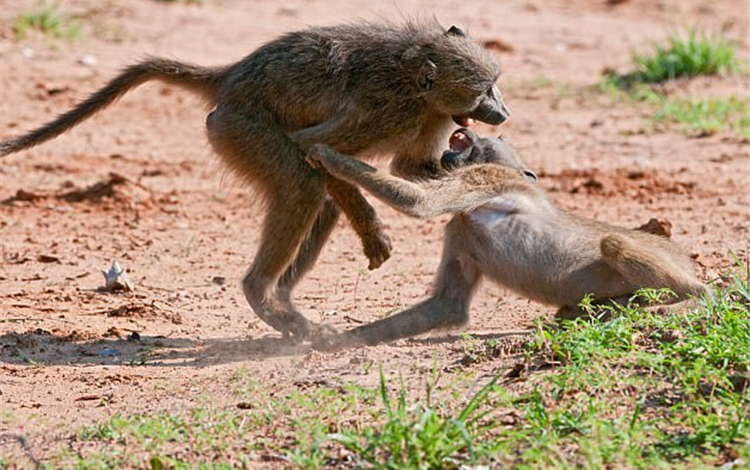
Primates that live in larger groups have larger brains, researchers have found.
The findings suggests that social skills – which are highly developed in primates – help individuals cope with aggression and competition caused by living in large groups.
The researchers suggest that primates living in larger groups need the extra brain power to handle conflict.
The study, led by researchers at the University of Manchester, analyzed the associations between group size, brain size and behaviors that are recognized as cooperative (for example working together as a group towards a collective action) and their relationship to aggressive behaviors that led to cases of conflict – called agonism.
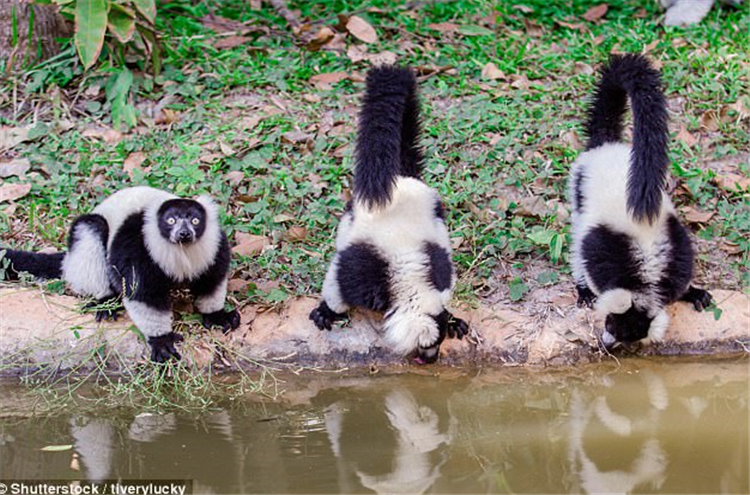
All behaviors considered aggressive or submissive, as well as spatial displacements, were classified as agonistic.
The study analyzed data collected from previous studies on 45 different wild populations of primates encompassing 23 different species.
The researchers found that the three species with the highest levels of agonism are chacma baboons, capuchins and a population of black and white ruffed lemurs.
Groups of chacma baboons got into almost three fights per hour, capuchins almost 1.43 per hour, and black and white ruffed lemurs 1.4 per hour.
The species with the lowest levels of agonism were brown lemurs (0.03 agonistic events per hour) and black howler monkeys (0.01 events per hour – almost zero).
The original studies that the researchers obtained the data from analyzed how primate agonism was related to ecological variables such as risks posed by predators or food competition.
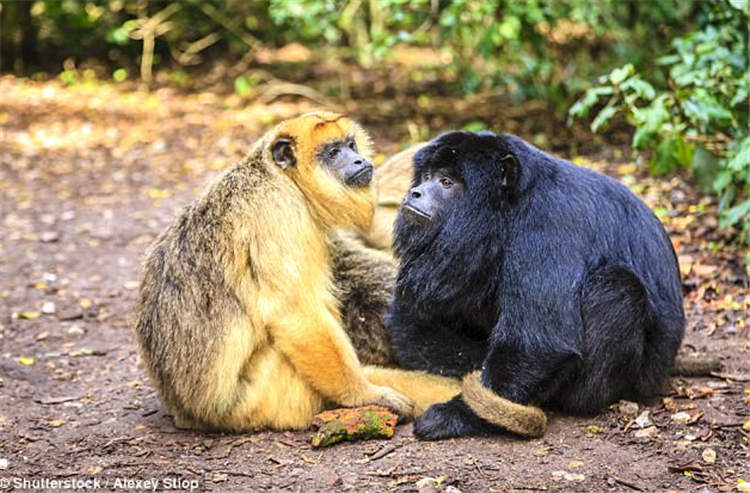
But the new study aimed to explain why there is a strong relationship between brain size and group size in primates.
‘Our research indicates that the increase in brain size is likely to be a consequence of high levels of competition in large groups.
‘It seems that large brained primates have had to develop strategies to cope with high rates of conflict,’ said Veronica Cowl, a PhD student in Manchester’s School of Earth and Environmental sciences who led the study.
‘This is of particular importance as primates are noted for their social cognition – for example, they are able to understand social relationships between individuals, track social relationships and can develop social strategies.’
The researchers also found differences between overall levels of group agonism and conflict between two individuals of the same group.
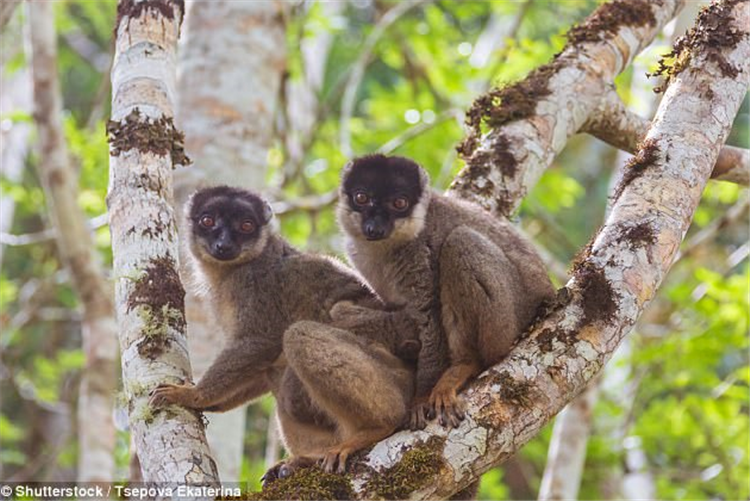
While group-level agonism increases as group size increases, agonism between two individuals in the group decreases.
The researchers referred to conflict between pairs of monkeys as dyadic agonism – how much each individual animal directs towards other individuals within the group.
This suggests that either individuals in large groups can control aggression better or that only species with low levels of dyadic conflict can maintain large groups and stable social interactions.
‘We have shown that big brains, big groups and conflict are related to each other – this helps to answer an enduring puzzle about why primates in larger groups have larger brains,’ said said Dr Susanne Shultz, a researcher at the University of Manchester and the senior author of the study.
‘It seems large-brained primates have evolved to cope with the challenges of conflict and coordination inherent in living in large groups’.

